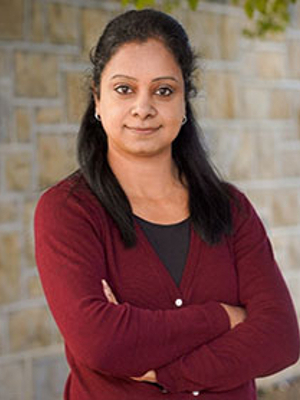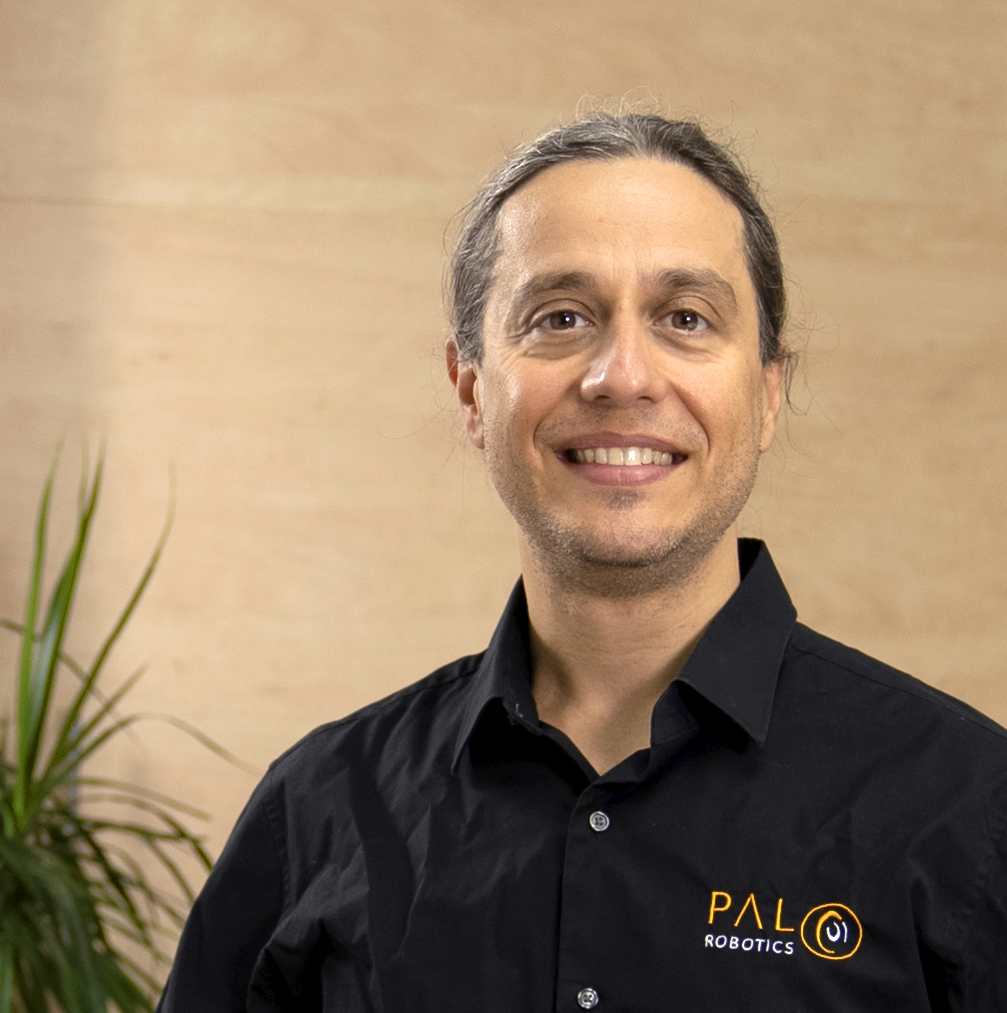Elizabeth Smith, Health Science Policy Analyst, Division of Clinical and Healthcare Research Policy, Office of Science Policy, liz.smith2@nih.gov
Engineering Education and Research Center (EER)
University of Texas at Austin, USA
December 12, 2023
In-Person Only
The increasing ability of human-centered robotics to enable patients to overcome limitations caused by disease and injury and the growing use of these devices in healthcare has surfaced many ethical questions. This workshop aims to explore the ethical implications of humanoid robotic development, foster discussions, and develop guidelines to ensure responsible and humane advancements in the field.
Keywords: Assistive robots, Human-robot interaction, Companion robots, Healthcare robots, Personal robots, Rehabilitation robots, Robot assistant, Therapy robots, privacy, data protection, regulation, ethics
Topics:
- Ethical Frameworks for Human-centered Robotics
- Privacy and Data Protection for Human-centered Robotics
- Ethical considerations in using robots for medical and caregiving tasks.
- Establishing boundaries and ensuring empathetic care in robot-human interactions.
Jennifer K. Wagner, J.D., Ph.D.
Assistant Professor of Law, Policy, and Engineering and Anthropology
Pennsylvania State University
Dr. Jennifer K. Wagner, JD, PhD is Assistant Professor of Law, Policy, & Engineering at Penn State University. In addition to her primary appointment in the School of Engineering Design and Innovation, Dr. Wagner is affiliated with the Institute for Computational and Data Science, Penn State Law, Rock Ethics Institute, Department of Biomedical Engineering, and the Huck Institutes of the Life Sciences as well as a licensed attorney practicing part-time.
Prior to joining Penn State, Dr. Wagner conducted ethical, legal, and social implications (ELSI) research at two NHGRI Centers for Excellence in ELSI Research (at Duke University and the University of Pennsylvania) and later at Geisinger's Center for Translational Bioethics & Health Care Policy (where she contributed to two precision health initiatives: the MyCode Community Health Initiative and the NIH All of Us Research Program). Dr. Wagner’s anthroengineering research focuses on the international human right to science, including human-centered design and matters of privacy, nondiscrimination, and equity with genetic/omic and other health technologies. She strives to be “radically collaborative,” and her research has been supported by NIH OD, NHGRI, NIDCR, NIBIB, NCI, and PCORI.
Luis Sentis, Ph.D.
Professor, Frank and Kay Reese Endowed Professorship in Engineering
Founding member, UT Austin's Good Systems
The University of Texas at Austin
Samira Kiani, M.D.
Associate Professor, Division of Experimental Pathology
University of Pittsburgh School of Medicine

Divya Srinivasan, Ph.D.
Professor, Department of Industrial Engineering
Clemson University
Dr. Divya Srinivasan is the McQueen Quattlebaum Professor of Industrial Engineering and Bio Engineering at Clemson University, and a Faculty Scholar in the Clemson University School of Health Research. She received her PhD from the University of Michigan Ann Arbor. She currently directs the Biomechanics, Ergonomics, Safety and Training laboratories at Clemson University. Her primary research expertise is in the areas of biomechanics and motor control, with a focus on assessing and improving human health and performance. Her work has spanned a breadth of topics including behavioral adaptations associated with fatigue, musculoskeletal injury, and aging; modeling of human movement variability; and systematic mixed-method evaluations of passive and powered exoskeleton systems. Her research program has been variously funded by the NSF, NIOSH, NIH, and industry sponsors.

Francesco Ferro, MBA, MsC, CEO, PAL Robotics
Francesco Ferro, is the CEO and co-founder of PAL Robotics, one of the leading service robotics companies worldwide. PAL Robotics’ mission is to enhance people’s quality of life through service robotics and automation technologies, and the company shares a belief that robots will come to occupy a place in people’s daily lives. Since 2004 Francesco has been working along with the rest of PAL Robotics in the development of state-of-the-art robots especially designed to solve customers’ needs, working on platforms such as TALOS, Kangaroo, TIAGo, ARI and StockBot.
Francesco previously received a BSc+MSc degree in Telecommunications Engineering at the Politecnico di Torino (Italy), a Master at ISEN in Lille (France) and an Executive MBA at the University of Barcelona (Spain). Francesco is Executive Director at euRobotics, part of the Board of Directors at ADRA (AI, Data, Robotics Association), and Service Robot Group Chair for IFR (International Federation of Robotics).
|
Time |
Talk |
|
9:00 - 10:30 |
Selected talks: Human-centered Robots in Healthcare
|
|
10:30 – 11:00 |
Coffee break |
|
11:00-12:00 |
Panel on Autonomy and Responsibility, and Regulation
|

